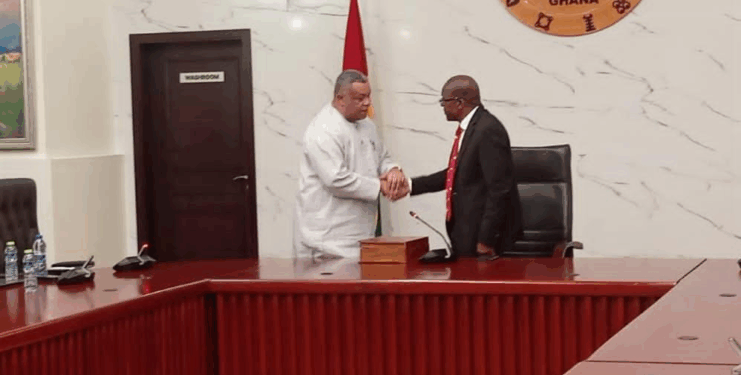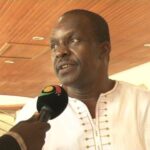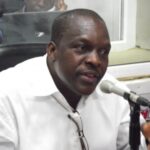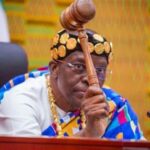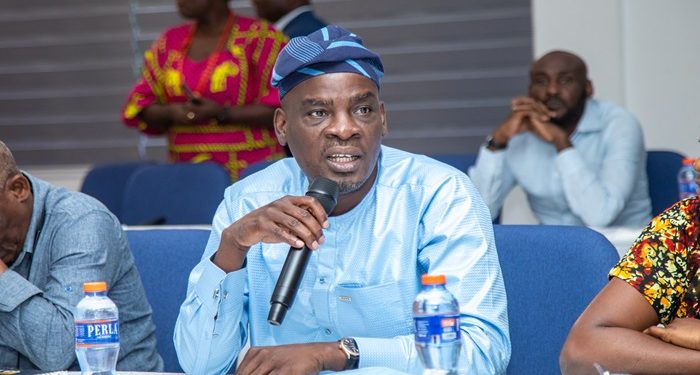Ghana’s Speaker of Parliament, Alban Bagbin, has announced the introduction of a 24-hour economy policy within the Parliamentary Service as part of a transformative national strategy to increase productivity and address unemployment.
The initiative, unveiled on June 26, comes in response to concerns about increased workloads following adjustments to Parliament’s sitting hours, now starting at 10:00 a.m. and ending at 2:00 p.m. Under the new policy, parliamentary staff will begin work at 8:00 a.m. and may finish as late as 10:00 or 11:00 p.m., ensuring round-the-clock operations.
“This will allow more people to work here and will help reduce unemployment. I can assure you that the load of work here is unimaginable,” Speaker Bagbin said during the presentation of the final policy document by representatives from the Office of the President.
The 24-hour economy policy, a flagship initiative of the National Democratic Congress (NDC), is set to officially launch on July 2, 2025. Presidential Advisor Goosie Tanoh described the policy as a game-changer designed to enhance national productivity through continuous economic activity.
Tanoh highlighted three foundational pillars of the policy:
1. Transforming production
2. Improving supply chain and market systems
3. Enhancing human capital
These pillars will be supported by sub-programmes, including:
Grow 24: Modernising agriculture
Make 24: Promoting industrial and manufacturing growth
Connect 24: Optimising supply chains
Aspire 24: Fostering a productivity-driven mindset
The programme will begin with Parliament as a pilot before expanding to other institutions and sectors nationwide. Proponents believe the policy will not only reduce unemployment but also usher in a more dynamic and efficient economic framework.
“This is not just about longer hours but creating opportunities for more Ghanaians and improving our nation’s output,” Tanoh noted.
As Parliament prepares to lead the charge, all eyes are on the national rollout of this ambitious initiative, which could redefine Ghana’s economic landscape.
